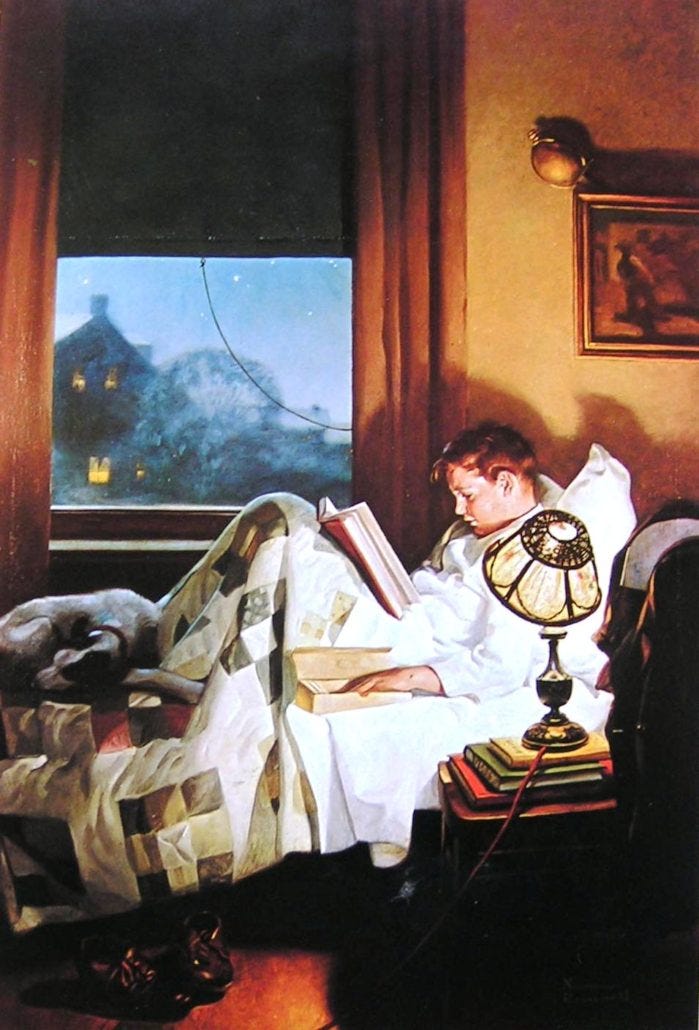Keeping Your Room Tidy in 2018
“Sometimes when I consider what tremendous consequences come from little things, I am tempted to think there are no little things.”

Wars have started because of train timetables and poor grammar.
Every single life’s very existence is dependent on a billion little moments and decisions having gone a certain way for the past million years.
In the face of the…
Keep reading with a 7-day free trial
Subscribe to Chris Waldburger to keep reading this post and get 7 days of free access to the full post archives.


